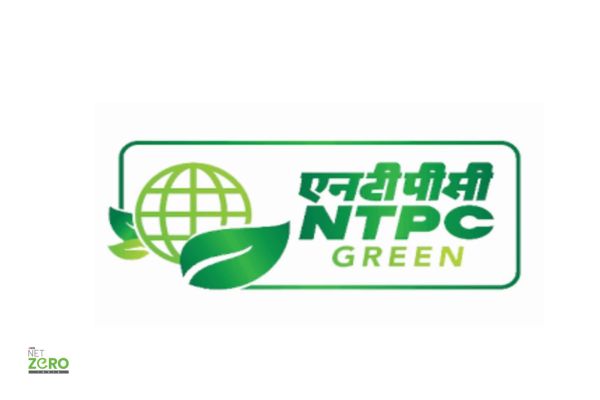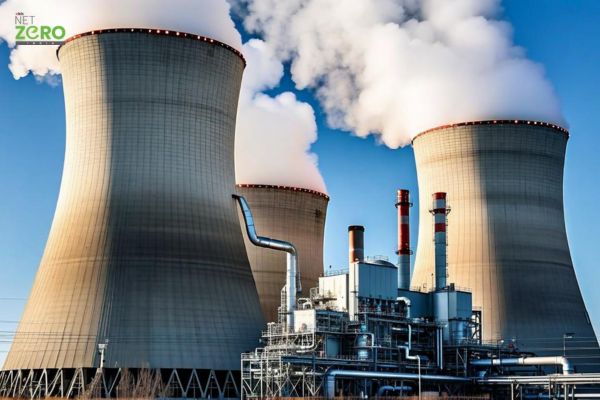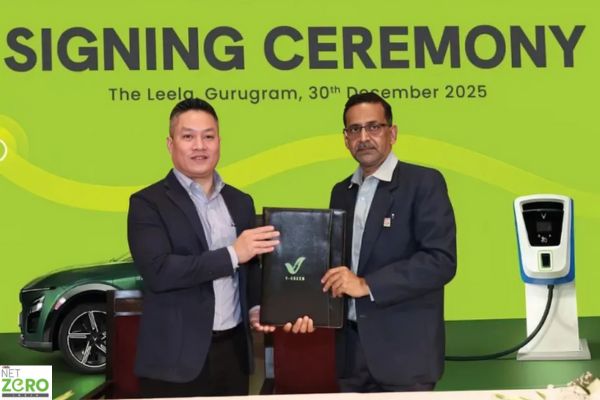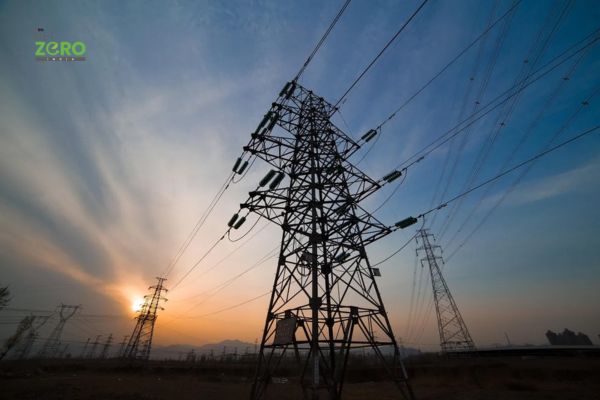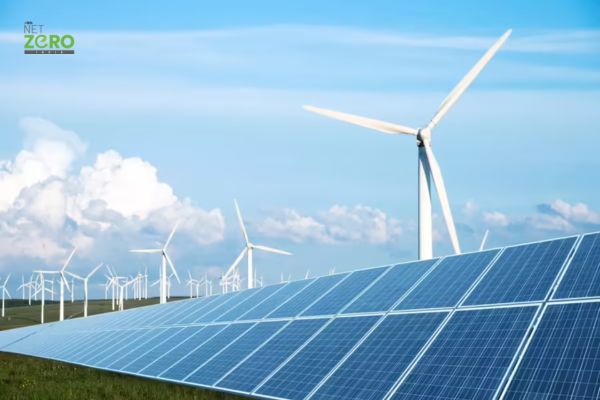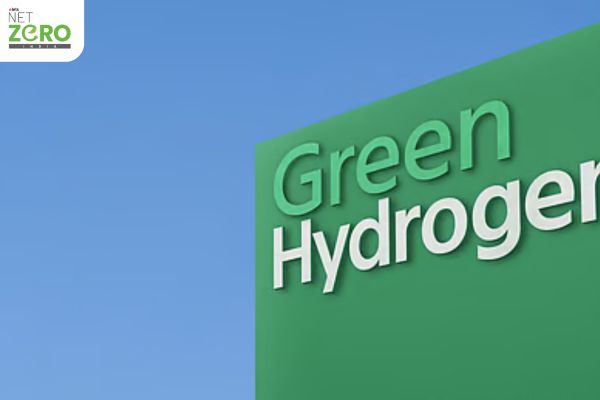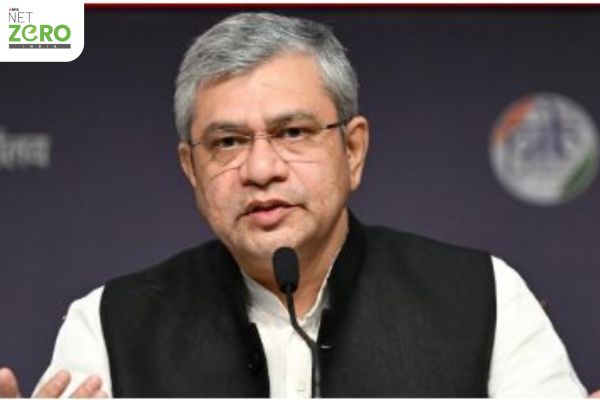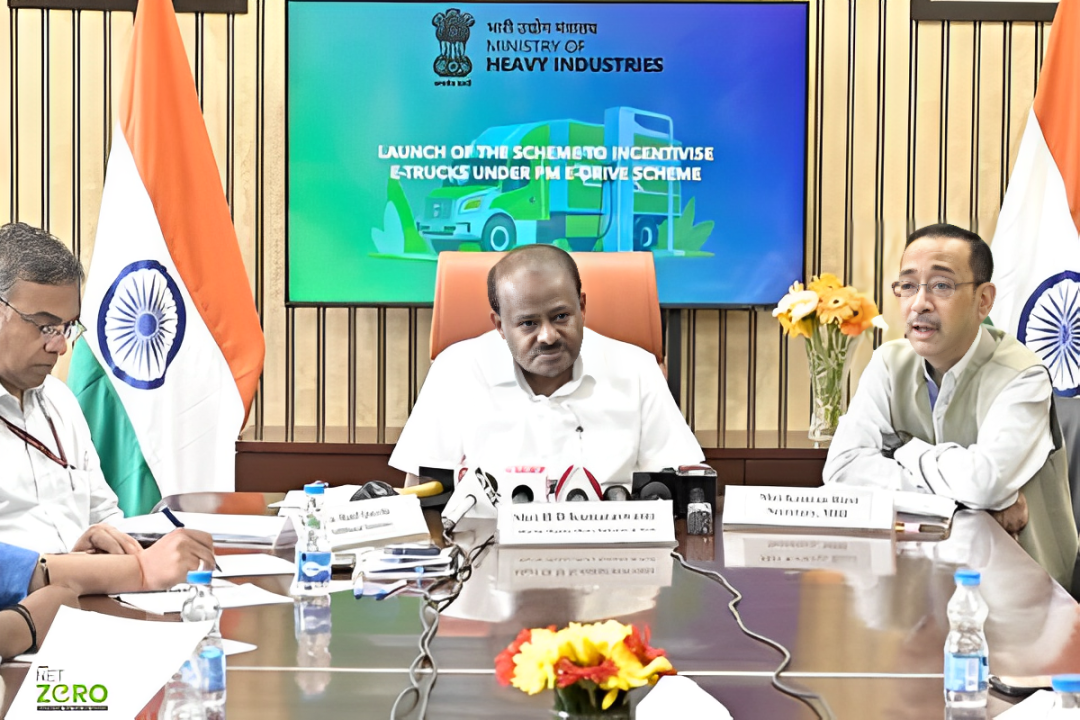
In a major step toward decarbonising India’s freight transportation, the Ministry of Heavy Industries (MHI), Government of India, has launched the nation’s first incentive scheme for electric trucks under the PM e-DRIVE initiative. Spearheaded by Prime Minister Shri Narendra Modi and Union Minister for Heavy Industries & Steel, Shri H.D. Kumaraswamy, the scheme aims to promote clean mobility, reduce emissions, and bolster indigenous manufacturing.
The new scheme marks a significant policy breakthrough by offering direct financial incentives for electric trucks (e-trucks), targeting both environmental and economic objectives. “Though diesel trucks form just 3% of our vehicle population, they contribute to 42% of transport-related greenhouse gas emissions,” noted Shri H.D. Kumaraswamy during the launch. “This initiative is a decisive move toward sustainable freight mobility and the realisation of Viksit Bharat by 2047.”
Under the scheme, incentives will be extended to N2 and N3 category electric trucks as per the Central Motor Vehicle Rules. N2 trucks include vehicles with a Gross Vehicle Weight (GVW) of 3.5 to 12 tonnes, while N3 trucks exceed 12 tonnes and can go up to 55 tonnes. Articulated vehicles in the N3 class will receive incentives only for the puller tractor component.
To enhance confidence among buyers, the scheme mandates robust manufacturer-backed warranties:
- Battery warranty: 5 years or 5 lakh kilometres, whichever comes first.
- Vehicle and motor warranty: 5 years or 2.5 lakh kilometres, whichever comes first.
The maximum incentive is set at ₹9.6 lakh per e-truck, depending on its GVW. These incentives will be applied as an upfront price reduction and reimbursed to Original Equipment Manufacturers (OEMs) through the PM e-DRIVE portal, based on a first-come, first-served model.
Approximately 5,600 e-trucks are expected to be deployed through this initiative. Notably, a special allocation of 1,100 trucks has been earmarked for Delhi, with a ₹100 crore budget to tackle the capital’s severe air pollution.
Sectors such as cement, steel, ports, and logistics are expected to benefit significantly. OEMs, including Tata Motors, Volvo Eicher, and Ashok Leyland, are already developing electric truck platforms in India, reinforcing the government’s Make in India and Atmanirbhar Bharat missions.
In a strong show of support from Central Public Sector Enterprises (CPSEs), the Steel Authority of India Limited (SAIL) has committed to procuring 150 e-trucks within the next two years. Additionally, SAIL aims to ensure that 15% of all vehicles hired across its operations are electric.
A key eligibility criterion for receiving incentives is the mandatory scrapping of old, polluting trucks. This ensures not just fleet modernisation but also a reduction in air pollution levels.
This transformative scheme is a part of the Government of India’s larger green mobility agenda and aligns with the national goal of achieving net-zero emissions by 2070. By incentivising e-truck adoption, the initiative is expected to lower logistics costs, enhance urban air quality, and advance India’s clean energy transition.
Be a part of Elets Collaborative Initiatives. Join Us for Upcoming Events and explore business opportunities. Like us on Facebook , connect with us on LinkedIn and follow us on Twitter, Instagram.
"Exciting news! Elets technomedia is now on WhatsApp Channels Subscribe today by clicking the link and stay updated with the latest insights!" Click here!




